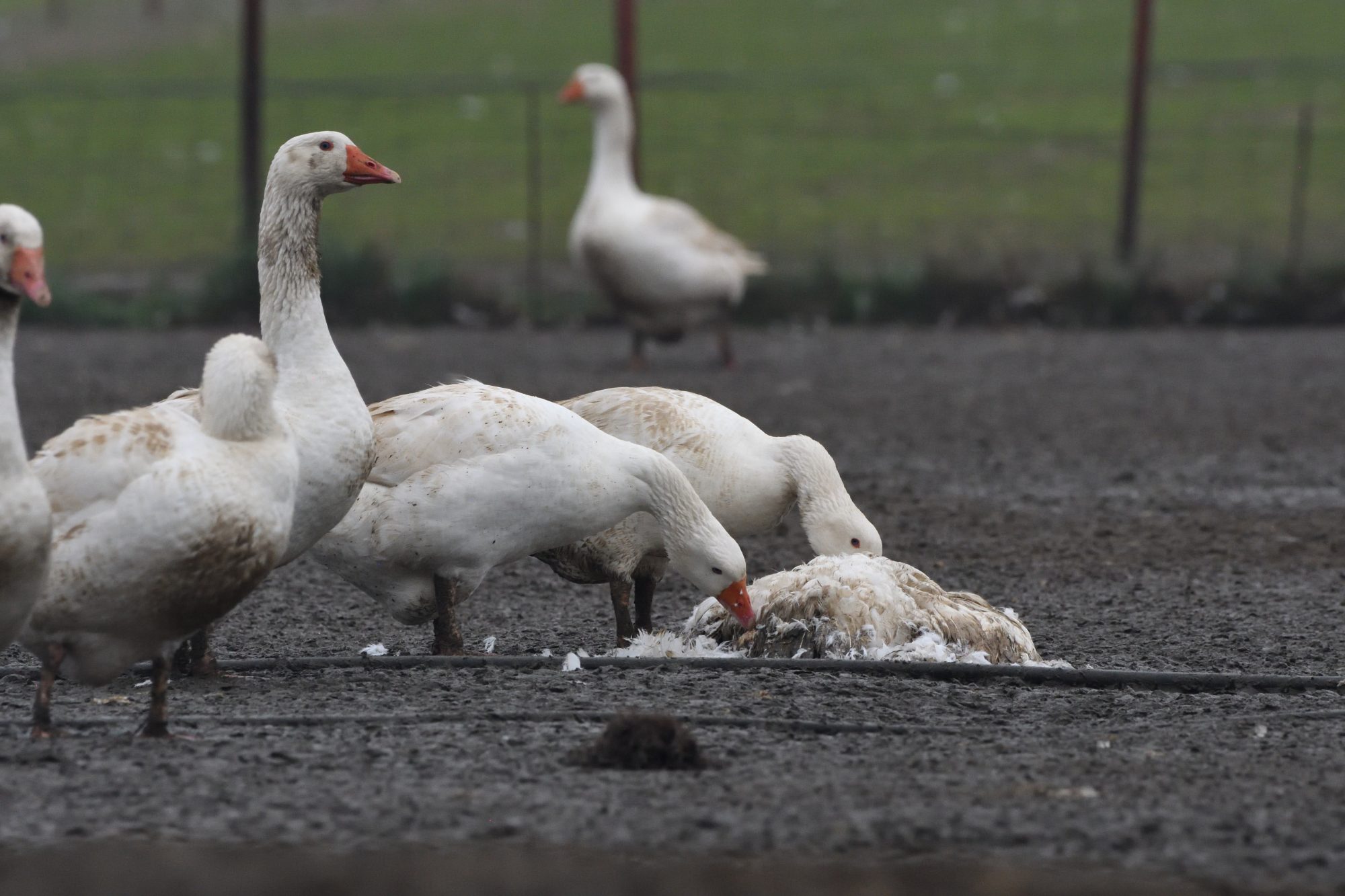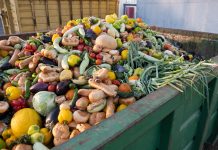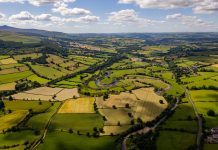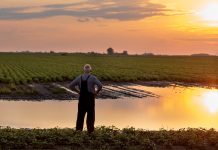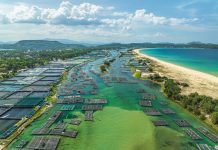Christmas is coming, the geese are getting sick, and the world may be three mutations away from the next pandemic: the avian bird flu
A recent article in the Guardian suggests a poultry-based Christmas dinner may be off the cards for many Brits due to the colossal avian influenza (bird flu) outbreak.
The UK is currently facing the worst bird flu outbreak on record, with over 70 reported outbreaks in October alone. In past years, cases of bird flu tailed off in the spring, but this year has been unprecedented, with more than 230 outbreaks over the last 12 months.
Millions of birds have been culled
Millions of birds have been culled, including those at Suffolk-based Gressingham Foods – a leading duck, turkey and geese supplier – who have been hit with 46 cases of bird flu in the last two months. A recent report states they’ve lost their entire flock of Christmas geese and have begun urging consumers to buy birds early and freeze.
Other suppliers significantly reduced the number of poults they ordered, opting to rear fewer birds for the Christmas market due to increasing concerns regarding the prevalence of bird flu. Now attention-grabbing headings suggest Christmas is about to be ruined as a result, but the impact of bird flu is far more wide-ranging and should be taken far more seriously.
Poultry is a major factor responsible for the spread of bird flu
The general public is largely unaware of the realities of factory farming and the dangers that confining thousands upon thousands of birds indoors presents. Chickens and turkeys, for example, are raised in closed, filthy, stressful and crowded industrial facilities, with little or no natural light – an important consideration as UV light harms viruses. These environments present the perfect opportunity for pathogens to mutate into more deadly forms – a perfect storm of our own making.
The poultry industry likes to blame the spread of bird flu on migratory birds. However, whilst wild birds may contribute to the local spread of the virus, human commercial activities, particularly those associated with poultry, are the major factors responsible for the global spread of bird flu. The 2007 H5N1 outbreak in Sussex, for example, was traced to the trading of hatching eggs, birds and poultry products between the UK and Hungary.
Bird flu viruses have coexisted with wild water birds, doing them no harm for hundreds or thousands of years. However, when birds were taken out of the water to farms or markets, the virus that coexisted with them could no longer spread in water, so had to either mutate or die. In poultry farms and live-poultry markets, the virus spread via infected birds’ faecal, nasal, oral, and eye secretions.
In 1996, a deadly strain of H5N1 emerged in farmed geese in China, killing more than 40 per cent of infected birds. By 1997, it had spread to poultry farms and live-poultry markets in Hong Kong. Eighteen people were infected, and six died. The Hong Kong government ordered the slaughter of the entire one-and-a-half million poultry population to prevent further spread.
Containing these birds drastically increases the chances of viruses mutating, which poses a huge risk to the public. With the Covid-19 pandemic still lingering and one human case of H5N1 (the highly pathogenic type of bird flu sweeping the nation) reported in the South West of England, we may be dangerously close to experiencing another crippling global pandemic. Bird flu viruses are among the most dangerous viruses affecting humans, with a case fatality rate ranging from around 30 to 60%.
Factory farming: a disaster on every level
In May this year, Viva! released shocking footage from inside a duck egg facility in Lincolnshire, reported by an ex-worker for its extreme acts of animal cruelty and appalling biosecurity standards; our investigators saw pigeons roosting in the barns and mice running in and out. Thousands of ducks were found crammed together with no access to water deep enough to dip their heads. Lame birds dragged themselves over excreta-ridden bedding using their wings, and workers were filmed brutally killing ducks by dislocating their necks – a shockingly legal practice – and leaving lame, sick and blind birds to suffer in pain.
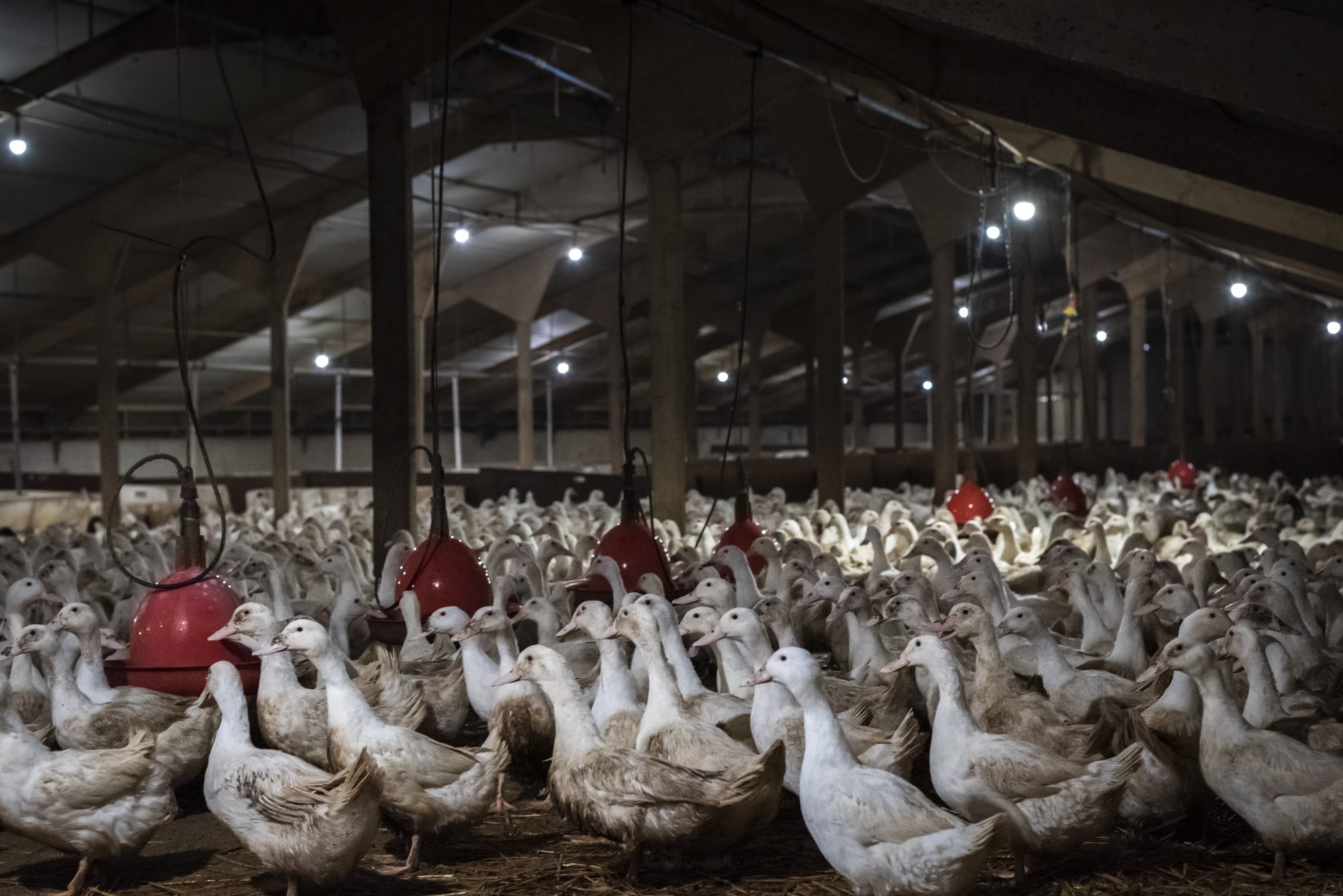
Workers were filmed brutally killing ducks by dislocating their necks
This is the reality of factory farming, hidden behind closed doors. But free-ranging birds don’t have it much better. In November 2020, Viva! filmed at two Gressingham facilities rearing geese – one of which has had two cases of bird flu since then. The geese were found in sodden overgrazed paddocks, covered in mud and without access to ponds. Boredom was clear as the birds pecked at the dead bodies farm workers failed to collect during their rounds.
Many farmed animals are confined indoors for their entire lives, and soon the government will likely issue a housing order, meaning that all captive birds in the UK will have to be moved indoors. Keeping animals inside for their entire lives is an ethical disaster. Even those who proclaim that animal farming and eating meat is natural can surely see the problems with confining animals indoors: a process that is so far removed from nature.
Factory farms pose a very real pandemic threat, as large numbers of animals are forced to spend their short, miserable lives in confinement. They also release vast volumes of greenhouse gases, contributing to the climate crisis, while the large quantities of waste produced pollute waterways. In 2021, a Viva! poll showed that 85% of Brits want an end to factory farming. Therefore, it is a step in the wrong direction to force more animals indoors.
Bird flu and the future of farming
This year’s sheer scale of the bird flu outbreak is a worrying foreboding of what’s to come. Scientists have warned us for years about the pandemic threat posed by factory farms and wildlife markets, with many fearing that the next pandemic will be caused by a bird flu virus, making the jump to humans from poultry or pigs. At the moment, H5N1 isn’t easily spread between people, but this virus may be as few as three mutations away from becoming more easily transmissible.
We’ve been here before; Covid-19, Ebola, HIV, SARS and MERS are all examples of zoonotic diseases that spread to humans from animals. These ‘spillover’ events can occur when humans invade wildlife habitats, at wet markets – where many different wild and domesticated animals are sold live and slaughtered – and in factory farms, where large numbers of animals are crammed into sheds in horrific conditions.
With the current economic and social fallout from Covid-19 still having massive repercussions for many countries, the last thing the world needs is another pandemic causing widespread illness, death and lockdowns. It’s clear that poultry farming is unsustainable. Factory farming is collapsing under the weight of the billions of birds that are confined and killed each year, leading to hazardous conditions.
Moreover, the concept of ‘free range’ poultry or eggs could soon become nonexistent. Many consumers choose ‘free range’ options because they believe the animals have a better quality of life when they are allowed to roam outside. If all birds are under a housing order to be kept indoors, ‘free range’ becomes a thing of the past. Of course, anyone who looks into the real living conditions that ‘free range’ birds endure knows that the label is nothing more than a marketing ploy used by the poultry industry to increase profits and feed consumers a fake idyllic picture of UK farming.
Put your money where your mouth is and go vegan
If factory farming continues, we will see more bird flu outbreaks, more deadly diseases, and more pandemics. We cannot carry on exploiting billions of animals without facing the consequences. So, what can you do? Put your money where your mouth is and go vegan. We must End Factory Farming Before It Ends Us.
Written by Lex Rigby, Head of Investigations at Viva!, and Rachel Stone, PR Manager at Viva!

